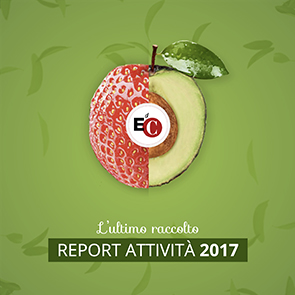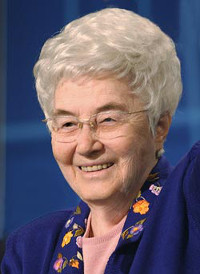The “Identification Card” of the EoC
1. The Economy of Communion (EoC) is a movement that involves entrepreneurs, workers, directors, consumers, savers, scholars, economic workers, poor and citizens, families, and was launched by Chiara Lubich in May of 1991 in Sao Paulo, Brazil. Its aim is to contribute, according to the Charism of Unity, in giving life to businesses which they feel as their mission to eradicate social injustice so as to help build an economic system and a human society of communion, where, imitating the first community of Jerusalem, “no one among them was in need” (Acts 4,32-34)
2. The EoC is an international movement coordinated by a Central Commission and by Local Commissions linked to the Central Commission on the basis of the Principle of Subsidiarity.
3. Those who adhere to the EoC commit themselves to living the values and culture of communion in the light of the charism of unity, both as individuals and in the organizations in which they work, making themselves its animators and promoters. They commit themselves particularly, with ideas and actions, so that the culture of communion, giving and reciprocity penetrate always more into the world of economy and inform it at all levels
4. The backbone of the EoC is represented by businesses or productive organizations of various juridical forms, even non lucrative (non-profit, social and civil businesses, cooperatives, associations, etc.) that decide to adopt in their praxis the culture of communion and the values of the EoC.
5. The EoC businesses commit themselves in creating new wealth and jobs with creativity and innovation, and sharing of profits for the goals of the EoC Project, even beyond the environment of its interested carriers.
6. Based on the originating inspiration, the EoC gives life to Business Parks, located in the Small Towns of the Focolare Movement. The business parks, signs of the project’s witness and concreteness, are an integral part of the EoC, and make the project complete and mature in a certain region or Country
7. The request to adhere to the EoC by individuals and institutions should be addressed to the Local Commission, which gives approval as long as the following requirements are maintained:
- (a) serious commitment by the entrepreneur/s to begin a journey of communion with the Local Commission and with all the local and international EoC movement, not only as a single person but as an expression of the business community
- (b) sharing of the project’s goals and the purposes of the Charism of Unity of which the EoC is an expression
- (c) openness to allot business profits, when they are present, according to the three goals of the project, which are: (1) a concrete help to the poor, (2) the formation of “new men and women”, (3) development of the business and/or distribution to associates
- (d) inspires the governance of the business by fraternity, according to the document “Guidelines for Conducting an EoC Business”
- (e) understands and lives in relationship with persons in situations of poverty on a level of dignity, substantial equality, respect, reciprocity and communion
- (f) considers the business and/or action as a place or instrument to reduce poverty and injustice, both at the local and global level
8. The EoC also gives life to a movement of thought and ideas, in a genuine dialogue with the contemporary culture and with civil and social economy locally and globally.
9. The EoC cooperates with the various initiatives of the Churches, of various religions and of civil and political society, of which it feels to be a vital expression and an instrument of unity
10. The EoC contributes to “that all may be one” (John 17:21).






